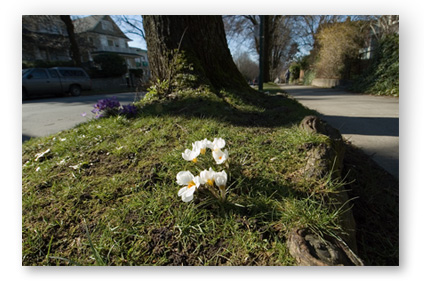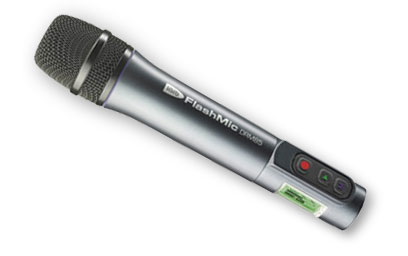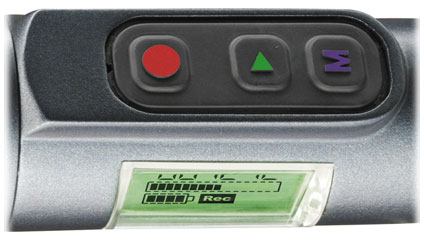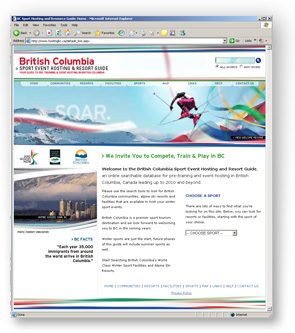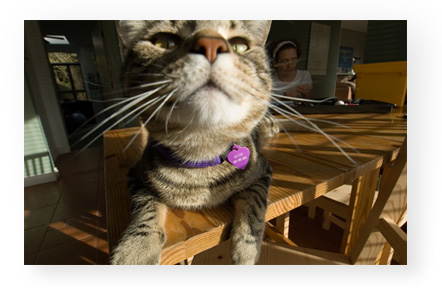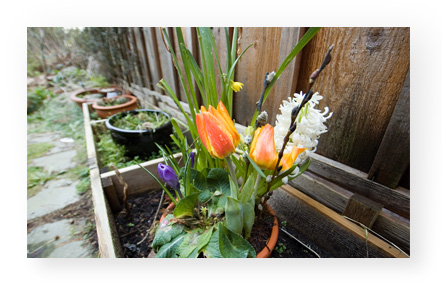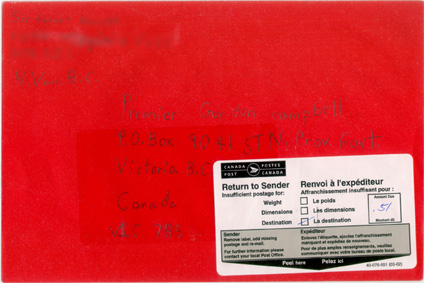Some of my favourite bits and pieces from the Integrated Media Association conference in Seattle last week, in no particular order:
Being on a panel with Robert Lyons, Director of Radio and New Media Initiatives at WGBH Boston. They have some awesome stuff on line.
Finding out that NPRs podcast project has had 16 million downloads since it started 6 months ago.
John Hagel, the business analyst NPR is working with, stressing that everyone, not just broadcasters, has to shift from a product mindset to an audience/consumer mindset. That the real issue isnt how much to create and how many people see/use it but instead, how much it costs to find and retain audience/consumers’. He calls it return on attention and even has a nice graph to go with it.
Terry Heaton, quoting Gordon Borrell, in reference to user generated content and what it means for broadcasters the deer now have guns. Time to get into the ammo business.
Adam Berreys demo of Brightcove. Putting video on line was never so easy. This totally rocks.
Hanging with Tony Walker of ABC’s DiG in Melbourne. Not only is he one of the nicest guys in the world, he seems to always find the best food in the world. Thanks for the sushi.
Listening to Mark Fuerst, Executive Director of IMA, with my eyes closed. He doesn’t look anything like him, but he sounds just like Dick Cavett.
